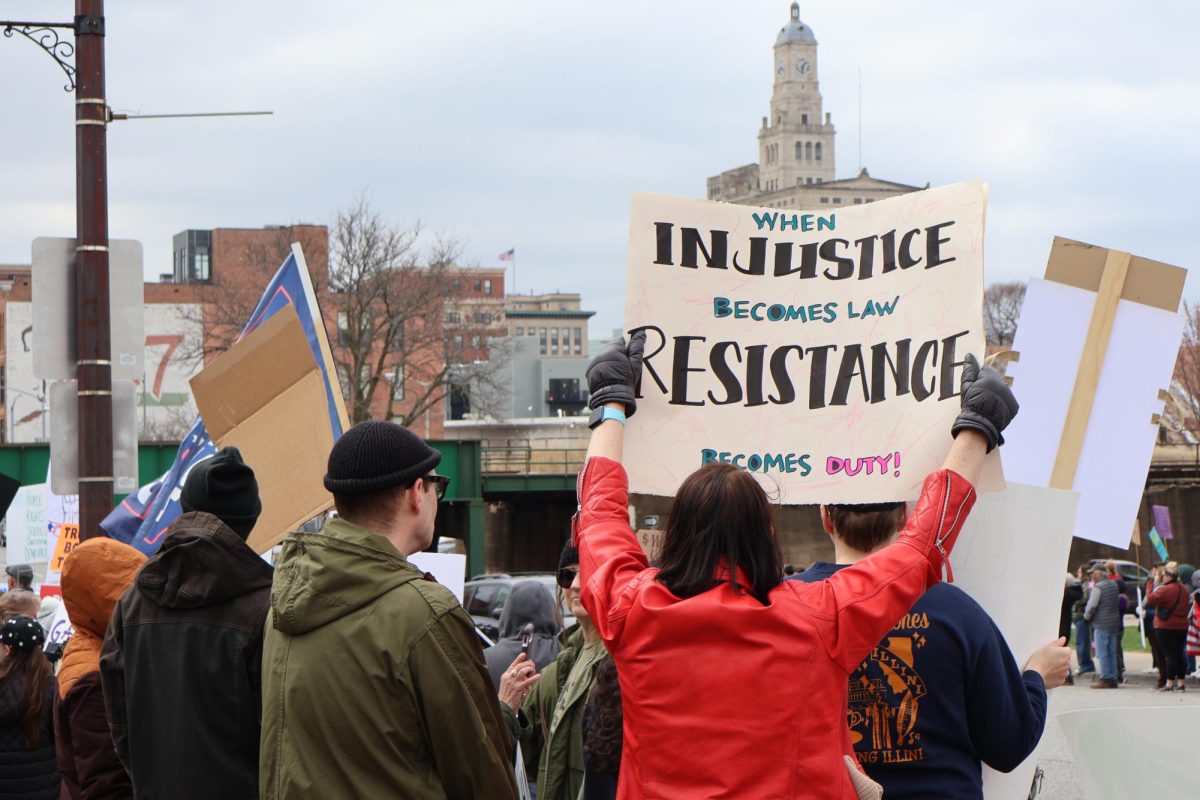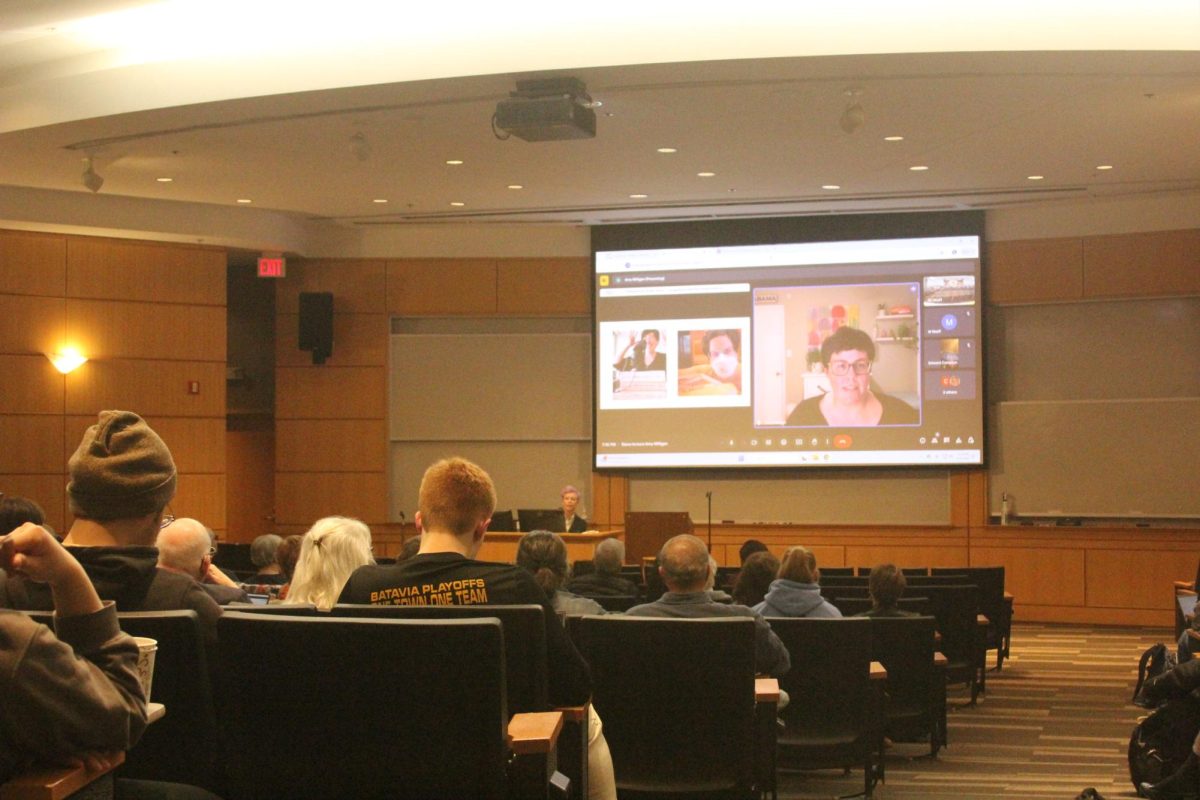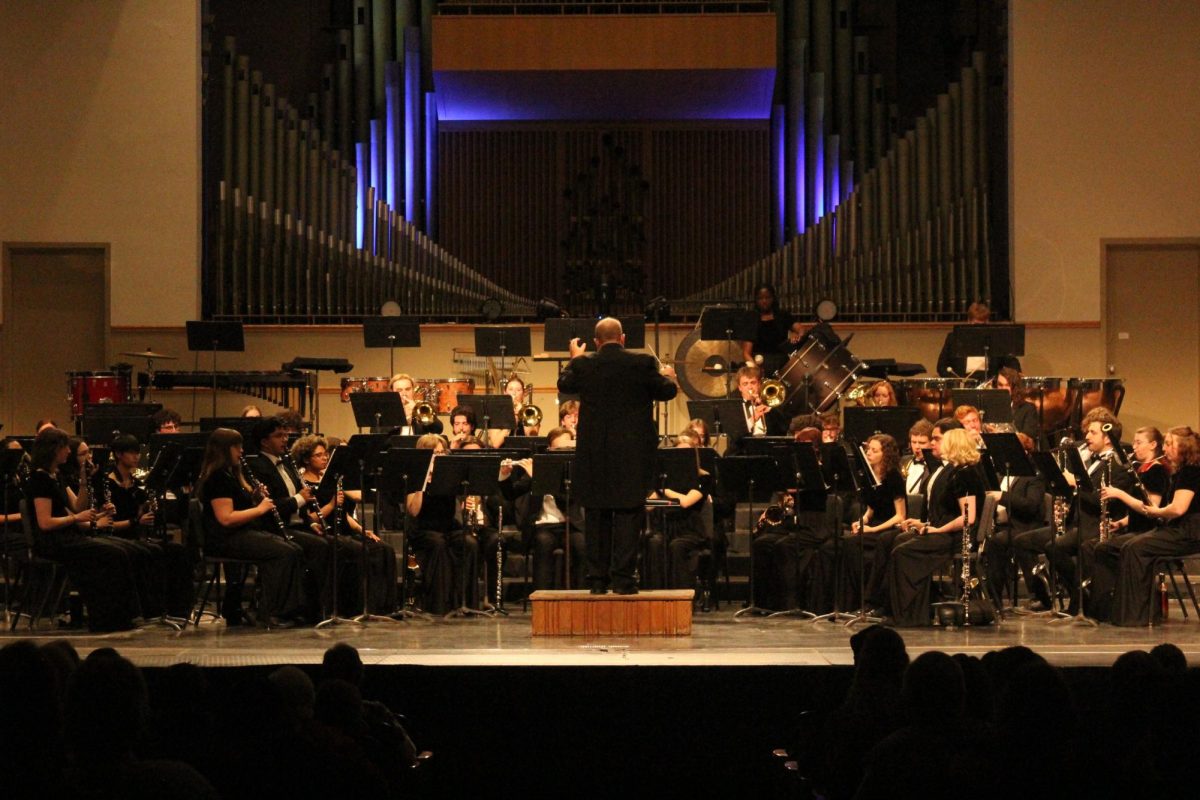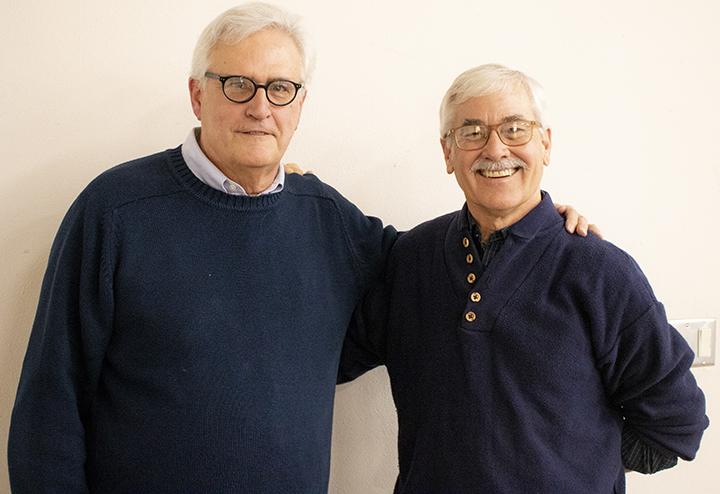Fifty years ago, the Vietnam War was in full force with the estimated casualties above 35,000 American soldiers with no sign of stopping. Bill Bork, Dale Edlefson and Donovan Larson were sophomores at Augustana in 1969, watching CBS News with Walter Cronkite every night in the TV room of Andreen. They couldn’t just sit around.
“Every young man that was draft age was paying close attention,” Larson said. Larson, who is now 69 and living in St. Louis, MO, spoke over the phone to the Observer about his experience at Augustana.
During the nightly newscasts, daily updates of death and carnage played in front of the American public. Larson remembers that during the war, there was no accurate casualty count of Vietnamese soldiers and civilians.
“I don’t want to say the draft was our only motivation to protest. There were important geopolitical issues,” Bork said over the phone. Bork is now 68 years old and living in Oak Park, IL.
The My Lai Massacre happened back in 1968 and almost a year later was revealed to the American public. Around 500 men, women, and children were killed by an American army unit, Charlie Company.
“All of this was happening thousands of miles away,” Edlefson, who is 69 years old and living in Pine River MN, said over a phone interview. “I don’t think the My Lai Massacre happened only once. A lot of civilians were killed. I’m still angry about it.”
These sentiments of anger resonated with the younger generations and veterans. On Oct. 15, 1969, Augie students participated in the national Moratorium Day marches. Bork, Edlefson and Larson all said the student community proposed to the faculty senate that Augie participate as a whole in this day of protest.
“The whole idea of the Moratorium was to stop business as usual for a day,” Bork said. “We scheduled different events around the march; we were going to go out and talk to people and hand out leaf cut-outs.”
The trio of sophomores said the faculty senate and administration ended up denying the request to cancel classes for a day, but Larson points out that didn’t stop some Augie professors to talk about the war in their classes.
Students and community members walked throughout downtown Rock Island and even went over to the Arsenal, where 150 armed guards stood at attention. In order to avoid any violence, the march turned to cross the Centennial Bridge, but there was a small problem: they needed to spend a nickel to get across. So, citizens worked together and made sure each person had a coin to march across into Davenport.
“We all took our roles seriously, but we still had fun,” Bork said. At this time, the Lutheran Church at Augustana was publically against the war.
A month after the Moratorium, the three students went across the country to protest in Washington D.C.
“These kinds of demonstrations make a big difference,” Larson said. The trio remember a protest size of around 500,000 citizens. Larson says President Nixon ignored the protests by saying he was watching football instead. Yet, Larson recollected that the president started using the “silent majority” in his speeches after the large-scale protest.
“A lot of people thought we were wrong,” Larson said.
Seniors Robert Burke and Hunter Ridley helped orchestrate the local climate protest back in September. Since then, the campus has enacted actions and plans to help Augie become more green. The two spoke about how important student activism is in maintaining a democracy.
“In general, student activism is something that has had its fair share of massive successes throughout history,” Ridley said. “I think its importance is therefore well evidenced and its effectiveness proven, so student activism should always be expressed.”
Ridley says college allows for growth and the ability for students to find passions worth fighting for.
“If something affects you, make sure the sleeping public knows,” Burke said. “Wake them up. Make sure they know what’s going on. Get them in the streets and polling place with you. Buy a megaphone, send a tweet, make a poster, talk to your neighbors, start the snowball. Staying silent ensures that nothing will be done about it.”
The advice given by Burke and Ridley sound almost identical to the student activists of 1969.
“Somebody has to take the initiative,” Bork said. “It takes people wanting to stand up. It is no different today than it was back then. The students today have to make the decision to what is important to them.”
The trio still protests today whether it is about the Iraq War or President Trump. Bork, Edlefson and Larson point out people like Greta Thunberg and Jane Fonda, who was a pivotal and sometimes controversial figure during the Vietnam War, spend their time calling out injustices.
Bork and Larson came back to Rock Island this past Tuesday to attend the 2019 Frieze Lectures on student activism. Former President of Augustana, Thomas Tredway, spoke about the life of Bill Sampson, who was murdered by white nationalists in 1979. Sampson was a graduate of Augustana back in 1970 and the trio knew him as one of the most active students on campus who advocated for a student bill of rights.
Additional reporting by Anh Cao and Audrianna Schneider.
Photo above by Brady Johnson.





































































































